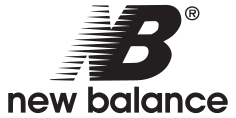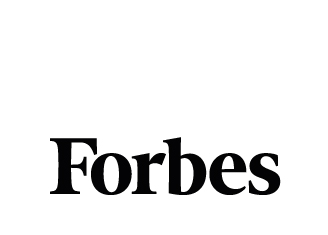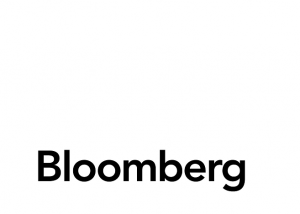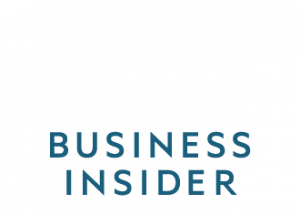Protected by BrandShield
Online brand digital risk protection solution
BrandShield’s advanced online brand protection technology thoroughly scans the internet to identify and analyze potential threats. It effectively detects phishing attempts, trademark infringements, brand abuse, and counterfeit sales. Our dedicated takedown experts work tirelessly to remove these threats, ensuring your brand remains secure and protected from digital risks.

BrandShield’s Brand-Oriented Digital Risk Protection
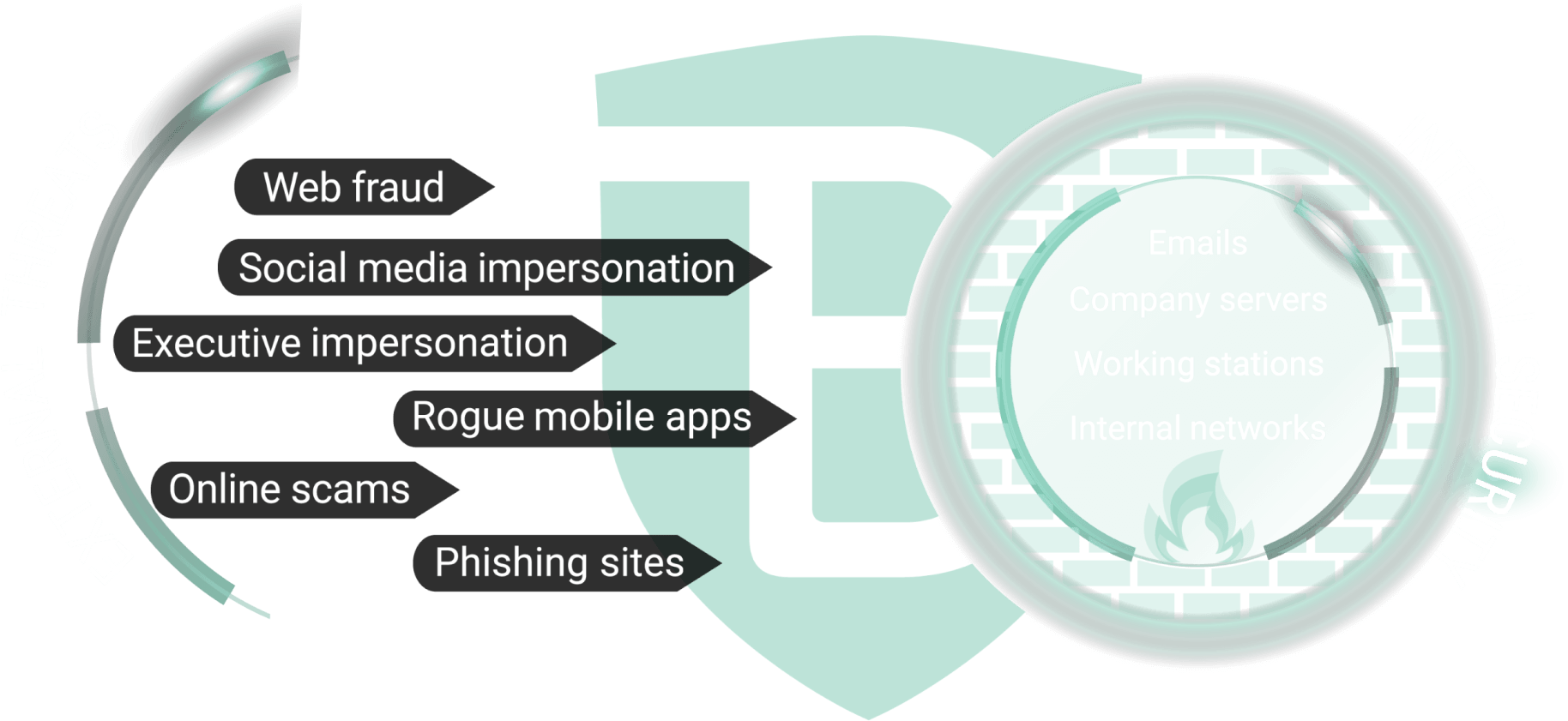
- Monitoring the digital sphere to map attack surface and vulnerabilities
- Detecting external threats and fraudulent networks
- Remediation and attack disruption
Stats
- 20% Rise in data breaches in 2021
- 90% Of all data breaches are Phishing attacks
- $4.35M Average cost of a single
data breach
Brandshield, as I see it, is an extension of our brand protection team.
With BrandShield, it’s really a fine balance of detailing, and not over complicating things.
We know we have a trusted, long term partner who’s attentive to our real business needs, today – and well into the future.”
Morten R Serup
B&O
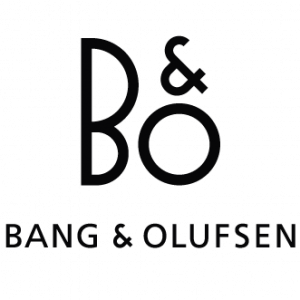
BrandShield is a technology that helps change the balance in the fight against counterfeiters.
The analytical capabilities of BrandShield allow our team to locate the most damaging online problems for New Balance at any given time.
The interface is extremely intuitive yet has a magnitude of capabilities that help us perform and manage our enforcement activities with higher efficiency.”
Dan McKinnon
New Balance
